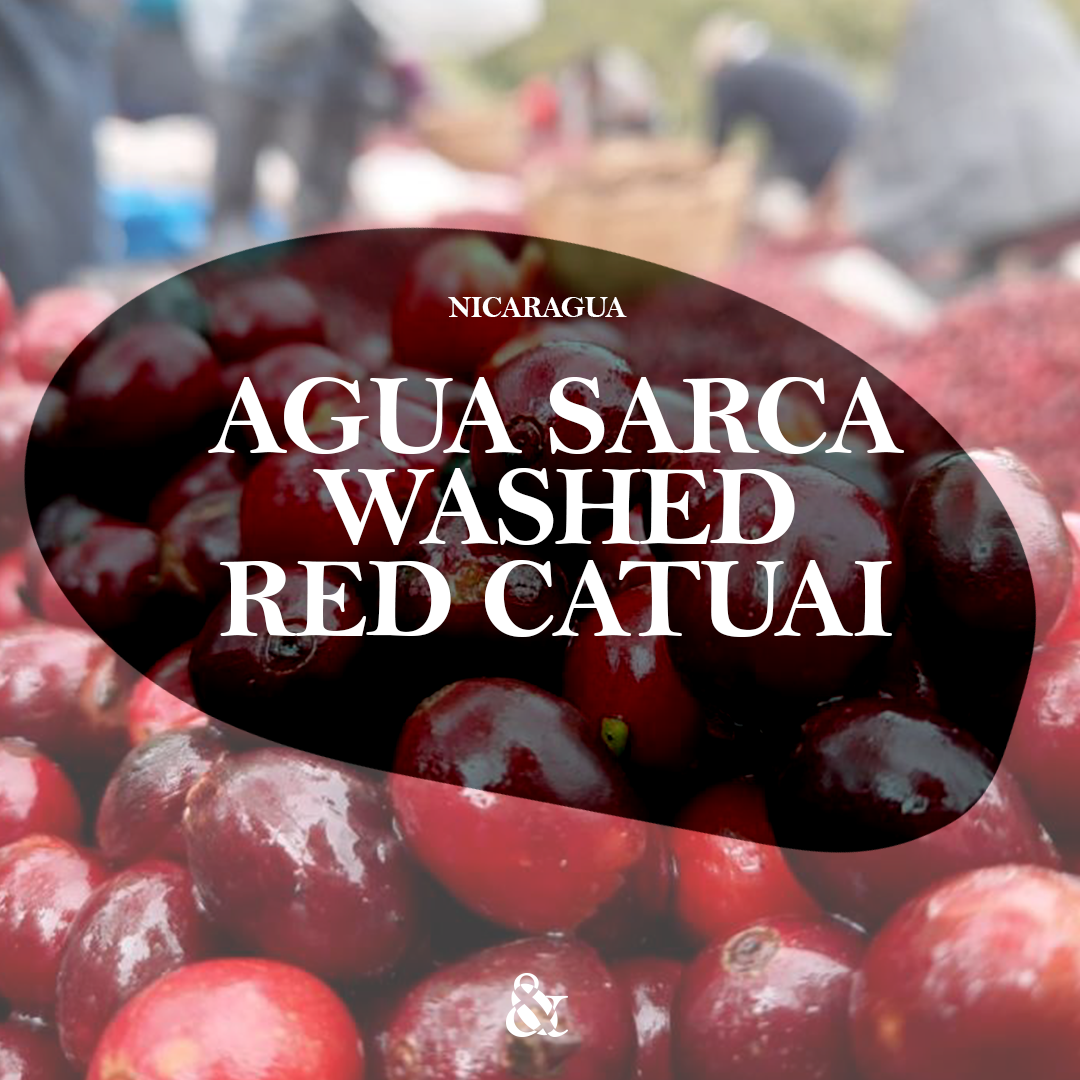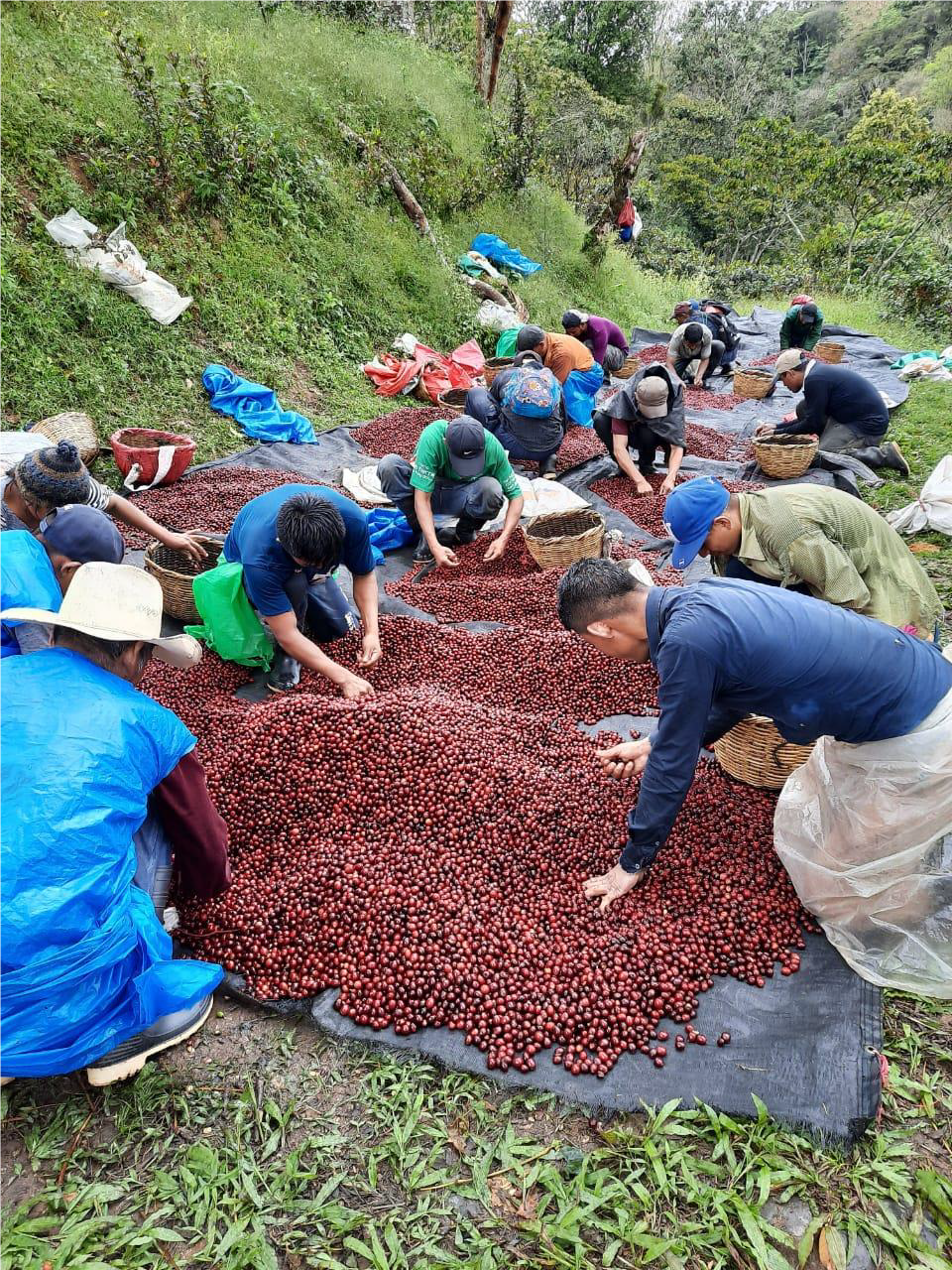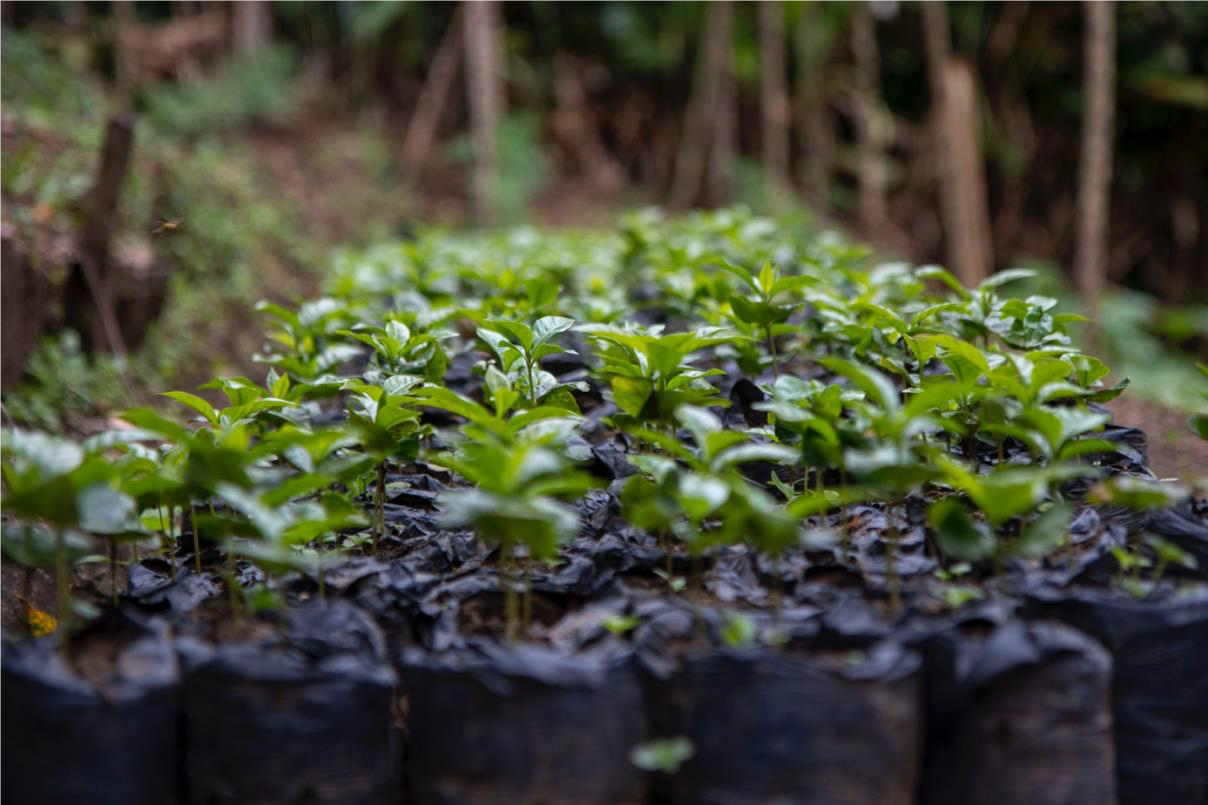Agua Sarca – Montealegre Sisters
Agua Sarca – Montealegre Sisters
SKU:ASL0008-1
Nicaragua
 Notes: Melon, apple pie, milk chocolate, caramel sweetness
Notes: Melon, apple pie, milk chocolate, caramel sweetness
 Process: Washed
Process: Washed
 Score: 85.5
Score: 85.5
 Varietal: Red Catuai
Varietal: Red Catuai
 Altitude: 1600 - 1700masl
Altitude: 1600 - 1700masl
Couldn't load pickup availability
Please note price is exclusive of VAT and is subject to change with exchange rate fluctuations
View full details


More About Agua Sarca – Montealegre Sisters
In 2015, a local producer family in Ocotal realised that the prices paid for coffee cherries in the region were too low and that they could produce high-quality coffee on their own farm, so they decided to create a dry mill, which is now run by sisters Martha and Ana Montealegre. The family own a few farms that were inherited from Martha and Ana’s father. Like many properties in the area (in the north, bordering Honduras), the story of the farms’ ownership is a complex one. From 1975-1979 the Nicaraguan revolution hit the entire country, but it was even more intense at the Honduran border, forcing the family to emigrate to the USA. They returned to Ocotal six years later to find that their house and much of their farmland had been seized by the government. Only the house was returned to them – they had lost more than 100 manzanas (70ha) of coffee farm.
The dry mill services their farms and greenhouse – which they built in 2020 to grow experimental lots and more delicate varieties – but also the coffee of some relatives and a few non-related producers from the area. Up to 30 people work at the mill during the season. Most of the coffee is delivered as wet parchment or cherries and 80% of the lots are washed.
Cafetos de Segovia submits lots to the national Cup of Excellence every year, and always ranks highly. RFA standards are implemented on the farm. Low-intensity pesticides (green labels) are used on the farm; organic fertilizers and synthetic fertilizers are also used.
During the harvest, only the ripe cherries are collected. After harvesting, the coffee is floated and pulped, and fermented for 18 to 24 hours before being washed.
The coffee is always sent in plastic and macen bags to the mill, ensuring the cleanliness during. The coffee received in the dry mill is sent to African beds inside a micro tunnel (greenhouse) for drying. At the mill, coffee is never in contact with the ground, and PVC rakes are used to move it during drying.
When the coffee is dry, it is stored in a special area within the cellar, separate from the other coffees that are in the mill. Coffee storage is always done using plastic bags and new macen bags. Then the coffee is threshed and packed in Jute and Ecotact bags



